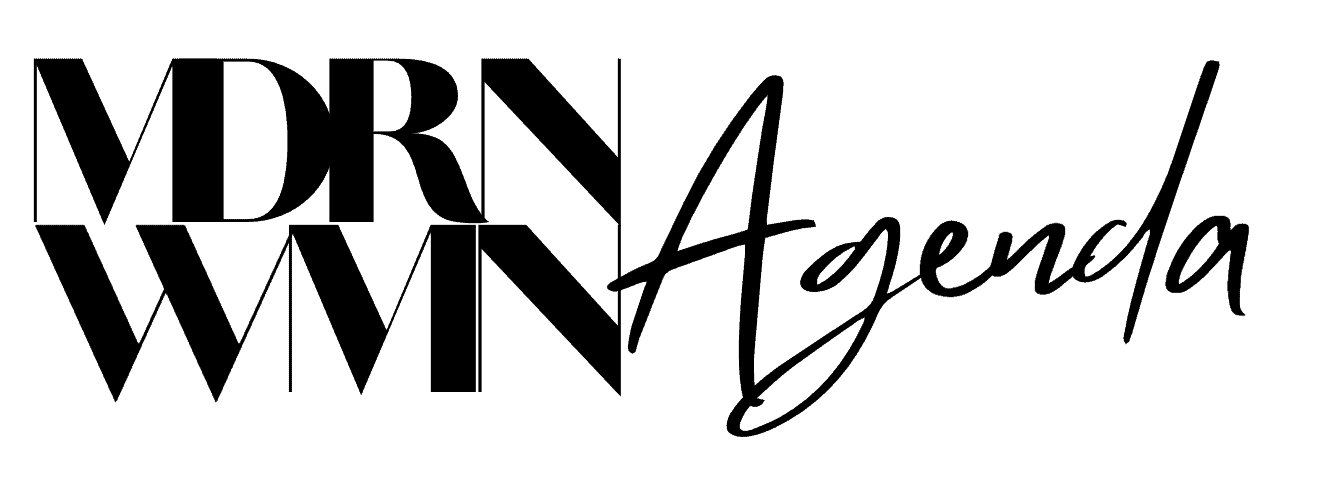Share This Article
Written by: Ayanna Sealey

I’ve written out my bullet points; I’ve rehearsed what I want to say; and I’m officially ready for my executive Zoom meeting. I log on, breeze through my introduction, and a minute later, right in the middle of my second bullet point, my internet connection drops. My mind races. Why now?! I feel my chest tighten as I start to panic. This meeting was IMPORTANT! my brain reminds me. My connection successfully restores, but now I’m out of the zone. I’m overwhelmed and can’t remember where I was in my notes. My heart rate elevates. Aaaack! What do I do now?!
Sound familiar?
If so, you’ve probably experienced work performance anxiety.
As the pandemic stretches on, professionals continue to experience symptoms of extreme anxiety related to workplace performance. Ordinarily, adversities in one’s personal life can hinder effective work performance. But as the pandemic continues, many professionals are experiencing a heightened level of anxiousness while juggling both work and home life together.
The threat of salary cuts and position eliminations top the list of reasons many feel added pressure to do everything correctly while working. The usual stress or anxiety that occurs when giving a presentation or leading a meeting, is now intensified by fear of the unknown.
Perpetual rising anxiety and the need to adapt to a virtual workplace, often override the ability to function effectively, leading to performance anxiety at work, an extreme anxiety or panic when required to perform. Thankfully, we can employ strategies to ward off and/or cope with performance anxiety when we feel it encroaching. Here are seven ways to manage it:
1. Breathe
Panic may be caused by something as simple as a family member interrupting us during a meeting. But in a moment of overwhelm, a few deep breaths can make all the difference. Better yet, take some time for yourself to do some deep breathing for a couple of minutes before the workday begins. Inhale slowly for four counts, hold your breath for four counts, and exhale for six counts. This will help slow your heart rate and calm you down. Use this pause to work on shifting your perspective from a negative to more positive one.
2. Practice mindfulness meditation
Taking 15 minutes or more to meditate can lower your stress levels and improve your focus so that you can handle any challenges or anxious feelings that may arise during work. Carving out some time in your day to center yourself, quiet your thoughts, and be present, will give you a better chance of handling stressors that come your way. Apps such as Calm and Headspace can assist you in learning to breathe, meditate, and recenter.
3. Move
Whether you do 10 squats on a break, slowly stretch, or go for a short walk (masked, of course), exercise can counteract feelings of anxiety. The release of serotonin and endorphins helps to improve mood and focus. Anxiety tends to occur when you are worried about the past or the future, so returning to thoughts of the present is essential.
4. Communicate
Everyone is going through some version of stress, albeit to differing degrees. It is important to communicate with those closest to you so that you may work together to devise a plan that helps balance both of your needs. For example, if you require some alone time throughout the day, try to arrange your schedule so that your partner or housemate will handle lunch to accommodate you. Meanwhile, if a 30-minute walk before work helps your partner’s stress level, then volunteer to step up and handle the morning duties so your partner can get what he/she needs to have a successful day.
5. Rely on a cue word
Part of performance anxiety can stem from the unpredictability of one’s work-from-home situation. For some, constant interruptions from the family can be quite unnerving. Have a cue word or phrase to say quietly to yourself to help regain focus. Telling yourself “you’re all right,” or “everything will be fine,” can help prevent overthinking and ease feelings of anxiety.
6. Stay open and flexible
These are unprecedented times, and so much is being thrust our way. Because work meetings or presentations may not go exactly as planned even after meticulous forethought, try to be mentally flexible. When things don’t go your way, stop and take a deep breath before responding immediately. Think of or write down other possible solutions beforehand and then communicate them.
7. Pick a daily goal
Reduce feelings of overwhelm or anxiety by breaking up your day into smaller, more achievable components. Reaching at least one goal each day—whether for work or in the home—will allow you to experience intrinsic rewards and a sense of pride with each accomplishment. This renewed confidence can help to alleviate performance anxiety.
In today’s extraordinary time, it can be challenging to not worry about all that can go wrong. But incorporating these tips into your work routine can help manage any feelings of panic and overwhelm or combat them before they occur. Remember, though, to be gentle with yourself when pushing through feelings of stress or anxiety. We’re all in this together.
[simple-author-box]



3 Comments
Unabis CBD
Hi, I really liked this article! Thanks for the advice! I really felt terrible in recent months and was just constantly afraid that I would lose my job and I found meditation for myself! This is a fantastic thing, it helps to get in the right mood and take a fresh look at all the problems that we have. And of course, where without sports, which helps out in any situation! I think this article will be useful to many, thanks to the author!
Robert
Thanks for such a great article. While working, I constantly adhere to the recommendations from this article.
Yakov Powell
The guide is good, but I think you just need to relax, after all, video communication is not a personal meeting.